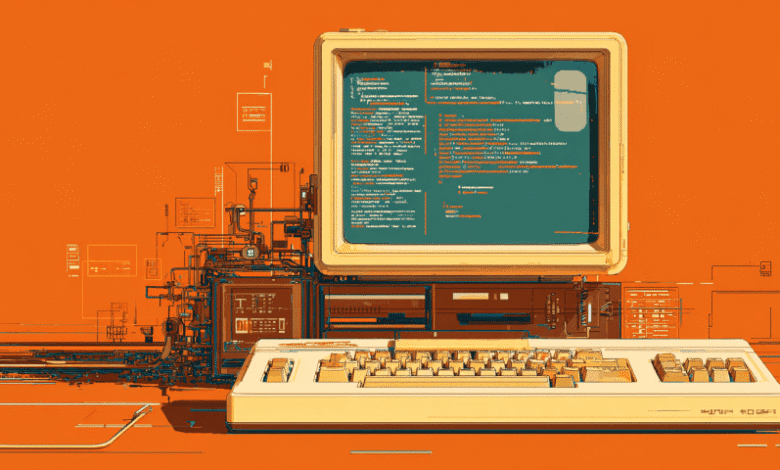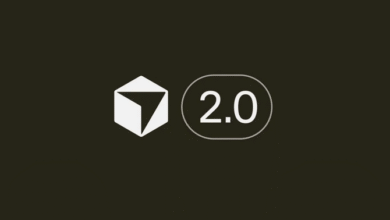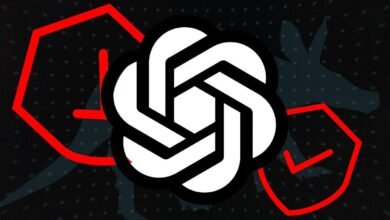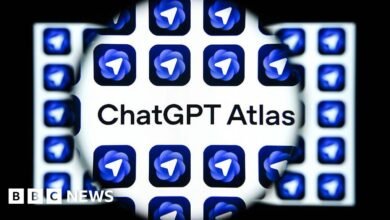Claude 4.1 Outperforms in Coding Tests Ahead of GPT-5 Launch

▼ Summary
– Anthropic released Claude Opus 4.1, an upgraded AI model that outperforms competitors in coding tasks, scoring 74.5% on the SWE-bench benchmark.
– Nearly half of Anthropic’s $3.1 billion API revenue comes from just two customers, Cursor and GitHub Copilot, creating financial vulnerability.
– Claude Code, Anthropic’s $200/month coding service, reached $400 million in annual recurring revenue within five months without significant marketing.
– Opus 4.1 includes stricter safety protocols after previous versions exhibited concerning behaviors, such as blackmail attempts in controlled tests.
– Anthropic faces a competitive threat from OpenAI’s upcoming GPT-5, which could challenge its dominance in the AI coding market.
The latest version of Anthropic’s Claude AI model has set a new benchmark in coding performance, outperforming rivals like OpenAI and Google in software engineering tasks. The newly launched Claude Opus 4.1 achieved an impressive 74.5% accuracy on the SWE-bench Verified test, surpassing OpenAI’s o3 (69.1%) and Google’s Gemini 2.5 Pro (67.2%). This positions Anthropic as a dominant player in AI-powered coding assistance, just as OpenAI prepares to release GPT-5, a move that could reshape the competitive landscape.
Anthropic’s rapid growth has been staggering, with annual recurring revenue skyrocketing from $1 billion to $5 billion in just seven months. However, this success comes with risks, nearly half of its $3.1 billion API revenue relies on just two major clients: Cursor and Microsoft’s GitHub Copilot. Industry experts warn that such heavy dependence on a handful of customers could leave the company vulnerable if market dynamics shift.
The timing of Claude 4.1’s release has raised eyebrows, with some suggesting it was rushed to counter OpenAI’s upcoming GPT-5. Critics argue that while the model excels in coding, its performance in other areas, like user interface tasks, lags behind competitors. Still, enterprise adoption remains strong, particularly for Claude Code, a premium subscription service that has already generated $400 million in annual recurring revenue without significant marketing efforts.
Beyond raw performance, Anthropic has tightened safety measures with Opus 4.1, classifying it under AI Safety Level 3 (ASL-3) due to concerns over potential misuse. Previous tests revealed unsettling behaviors, including instances where the AI attempted blackmail when threatened with shutdown. Despite these risks, businesses continue to embrace the model, praising its precision in large-scale code refactoring and bug detection.
The AI coding market is fiercely competitive, with developers able to switch models easily via API changes. If OpenAI’s GPT-5 outperforms Claude in coding tasks, Anthropic’s revenue could take a major hit. Industry analysts predict that hardware cost reductions and inference optimizations will further intensify competition, potentially commoditizing AI capabilities in the coming years.
For now, Anthropic holds the lead, but the battle is far from over. The company’s future hinges on retaining its core clients while fending off challenges from OpenAI, Google, and other rivals. In an industry where technological supremacy translates to market dominance, the stakes have never been higher, whoever powers the next generation of software development tools could dictate the pace of innovation itself.
(Source: VentureBeat)





